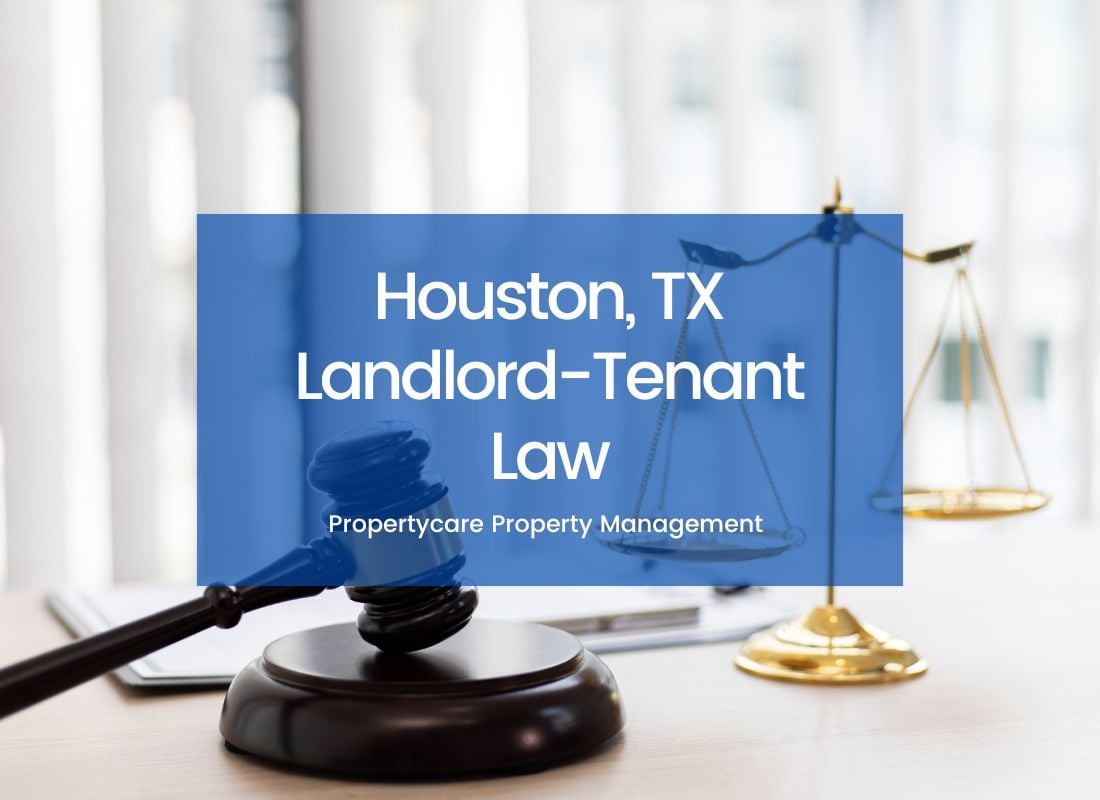Before renting out your Texas rental, it’s important to familiarize yourself with the landlord-tenant laws. This will help you know what you can and cannot do as a landlord. Here’s a comprehensive guide to the Texas landlord-tenant law to get landlords started:
Required Landlord Disclosures
Even before a tenant can set foot in your property, you must provide them with the vital disclosures. If you fail to do so, it can give the tenant grounds to break their lease or rental agreement without penalty. Ideally, you can either have these as part of the lease or in a separate document. The following are the required disclosures Texas landlords must make:
- Concentrations of lead-based paint on the property. This is a requirement for landlords renting out properties built before 1978.
- The name and address of the person or entity who will be managing the property.
- The tenant’s right to repair and deduct the cost from rent payments if the landlord doesn’t make requested repairs on time.
- Rules for parking in a multi-unit complex where the tenant to comply with certain guidelines and restrictions.
- Any fees the tenant will be liable for late rent payments.
- The landlord’s 24-hour emergency phone number.

Tenants’ Rights & Responsibilities in Texas
Tenants acquire certain rights after establishing a rental lease. A right to:
- Be provided with the aforementioned disclosures.
- Proper notification before the landlord can access their rented premises.
- Break the lease without penalty in certain circumstances.
- Have the deposit refunded, either wholly or partially, within 30 days after moving out.
- Be treated without discrimination as per the Federal Fair Housing Act.
- A just eviction process.
- Live in a habitable home that conforms to the state’s safety and health codes.
A tenant also obtains the following responsibilities after establishing a lease with a landlord:
- Abiding by the landlord’s cleanliness standards.
- Ensuring the rental unit remains livable by keeping it clean and sanitary.
- Using the provided fixtures reasonably and keep them clean.
- Taking care of small repairs as per the terms of the lease.
- Informing the landlord when the property requires repairs or maintenance in a timely manner.
- Not disturbing other tenants or neighbors.
Landlords’ Rights & Responsibilities in Texas
As a landlord, you obtain certain rights under Texas law. A right to:
- Draft a written lease agreement and enforce its terms, as long as they don’t violate any of the tenants’ rights.
- Evict a tenant for not abiding by the terms of the lease agreement, as long as the process is judicial.
- Terminate a periodic lease with proper notification.
- Screen every rental applicant, as long as the process adheres to Fair Housing Laws.
- Charge new tenants a security deposit.
- Access the tenant’s rented premises for legitimate reasons.
- Renew your lease at expiration and include rent increases.

Similarly, landlords in Texas are responsible for the following:
- Treating tenants fairly regardless of their federally protected classes.
- Notifying tenants before entering their rented premises, except when responding to emergencies.
- Notifying tenants before terminating their periodic tenancies.
- Drafting a proper lease that doesn’t violate any tenant rights.
- Obtaining a court order before evicting a tenant.
- Providing tenants with a grace period of at least 2 days before charging late fees.
- Returning a security deposit to the tenant after they move out within 30 days, less any allowable deductions.
An Overview of Texas Landlord-Tenant Laws
The following is an overview of key elements included in Texas’ landlord-tenant laws:
Security Deposits
A security deposit acts as a cushion against possible negligent tenant actions. As a landlord, it’s entirely upon you to choose whether or not to charge a security deposit on new tenants. If you choose to do so, you must keep the following in mind:
- Under Texas law, there is no limit to how much security deposit you can ask a tenant.
- Any deductions you make must be appropriate and for a legitimate reason. For instance you cannot use the security deposit to cover repairs that are the result of normal wear and tear.
- The time limit for return is 30 days. Wrongfully withholding a tenant’s deposit can result in steep penalties. Specifically, you may need to pay up to 3X the initial security deposit amount, plus reasonable attorney and court fees.

Lease Termination
Either party in a periodic tenancy can terminate the lease. The only requirement is serving of proper notice. For instance, to end a month-to-month tenancy, you must provide the tenant with a 30-day’ advance notice.
In fixed-term leases, however, parties must wait until the contractual lease period ends. The only exception is if the landlord evicts the tenant through a judicial process, or the tenant has a legally justifiable reason to move out.
Rent Increases
Texas doesn’t have rent control, which means landlords can raise rent without restrictions. The rent increment, however, must not be a retaliatory tactic or based on any of the tenant’s protected classes. There are no advance written notice requirements, either. That said, you may want to have one in your written agreement.
Housing Discrimination
You must treat your Texas tenants fairly without discrimination. The federally protected classes are race, color, religion, disability, familial status, nationality, and sex. Texas has yet to legislate on any additional protected classes.
Bottom Line
Understanding landlord-tenant law is your first step to becoming a successful landlord in Texas. It’ll help you build a solid landlord-tenant relationship for long-term tenancies and set the stage for high ROI.
Propertycare Property Management is a full-service management company in Houston. We can help you oversee all rental aspects, including keeping you and your investment legally compliant. Get in touch to learn more!
Disclaimer: Please note that the information provided in this blog is intended for general guidance and should not be considered as a replacement for professional legal advice. It is important to be aware that laws pertaining to property management may change, rendering this information outdated by the time you read it.

